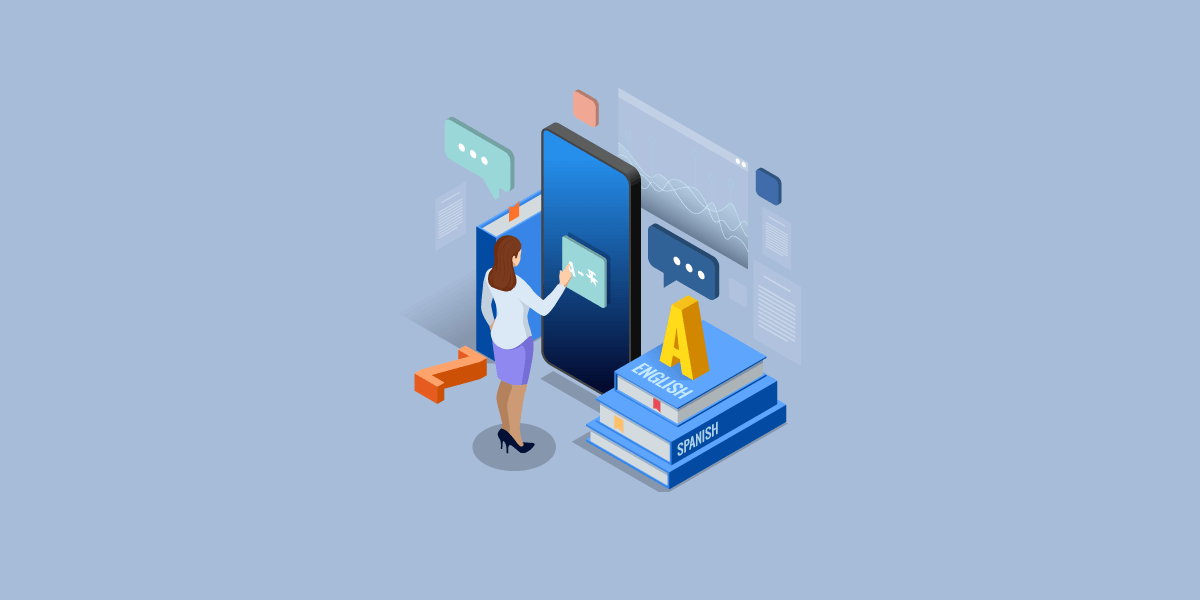A couple of decades ago, the idea of having a machine working in companies all over the world was something that we thought could only happen in a science fiction movie. Having a “robot-maid” like in The Jetsons that could take care of our chores was nothing but a childhood dream. One that, even if we thought it could happen, many of us thought we wouldn’t be alive to see it.
Less than forty years after the release of The Jetsons, many other shows and movies that featured what we now know as Artificial Intelligence (AI), are starting to become a reality. A new era where machines are created to work for us, or potentially replace us?
This started with something as simple as a chess-playing game in 1955 and has now developed into fully functional robots. Now they can also program our schedules for the day, cook our meals and even perform surgery on us. These are some fantastic steps for the history of mankind. Now some can’t help but wonder if machines can help us do our jobs or will they also replace us?
With the rise of AI and its use in communication, translators all over the world often hear things like:
“Oh, you do translations? I have an app on my phone that does it for me!”;
“I heard that Google is working on a software for that”;
Even when you get used to those questions and comments, that horrible question stays in the back of your head:
“Will machine translation software replace human translation?”
Before we come to an answer, let’s take into consideration these aspects in which human translators are better than machines:
No big picture
In order to translate from one language into another, machines use a set of algorithms and stored grammatical patterns. With this they’re able to “recreate” the texts that are meant to be translated into another language. Whereas that process has been perfected throughout the years, machines have proven to still be unable to recognize semantics.
Machines don’t understand what the true, hidden purpose of the message is and what it’s trying to say. They only understand matching patterns! Therefore, there is always a big chance that a machine won’t be able to transmit the complete message of the text. This hinders its comprehension. Even if the meaning is transmitted, the feeling and purpose of the author will be lost in the machine translation.
Cultural differences? Where?
Despite all human beings being considered alike, each culture is different. It does not matter how close countries and communities are from each other, their culture and the expressions they use to communicate are most likely very different. But a machine doesn’t know that! Even if it’s translation memory is equipped with the languages and common expressions from a certain region or country, it won’t be able to recognize if the expressions are appropriate for that specific audience. A machine is unable to understand a region’s culture: what to write, what not to write and when to write it. A good translation does not only respect the meaning and intention of a text, but also the culture of its target reader.
Did you mean…?
Machines are not always able to assume what the original document was trying to say. This can result in them trying to fill the information gap with a similar word. If this word happens to be a false cognate or a word with the same number of letters, that entire sentence (or even paragraph) can lose its meaning!
No guarantees
Despite being the proudest invention of mankind, automatized machines are still new in our world, which means that, even if many of them are very accurate, many of them are not. Automatized translations are good, but far from perfect. This means that even if you saved a couple of dollars by choosing a machine translation, you will still have to pay a professional to proofread your document so he or she can make sure it is ready to meet the public. Plus, you will waste time by doing two different procedures.
So, in conclusion, can a machine be better than a human translator?
No; Machine translations might help you when you have trouble understanding a small phrase or an unknown saying. But if you need high-quality and professional translations to promote and expand your company, human translation is the way to go!
Care to find out more? Contact us! We guarantee you all our translators are humans!

